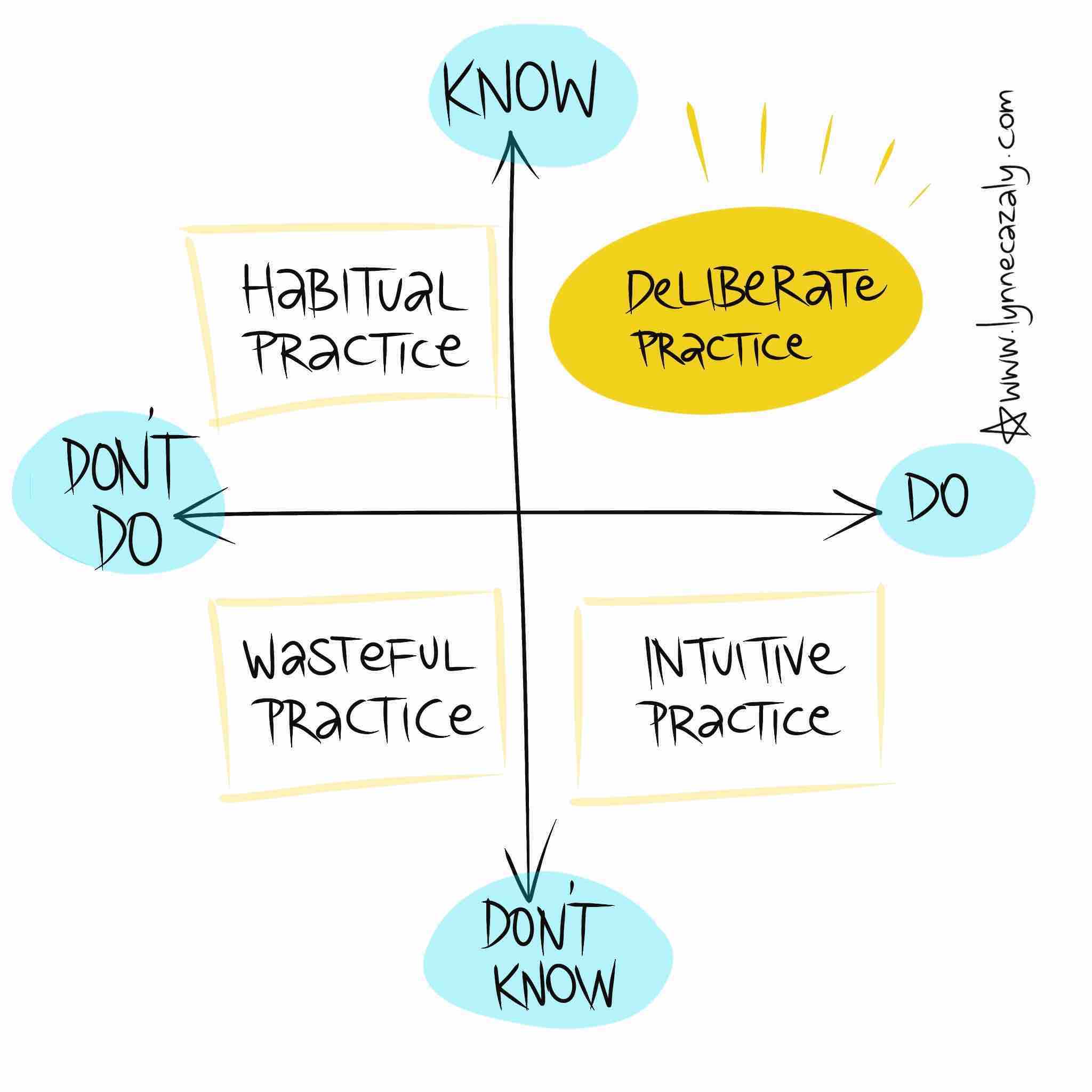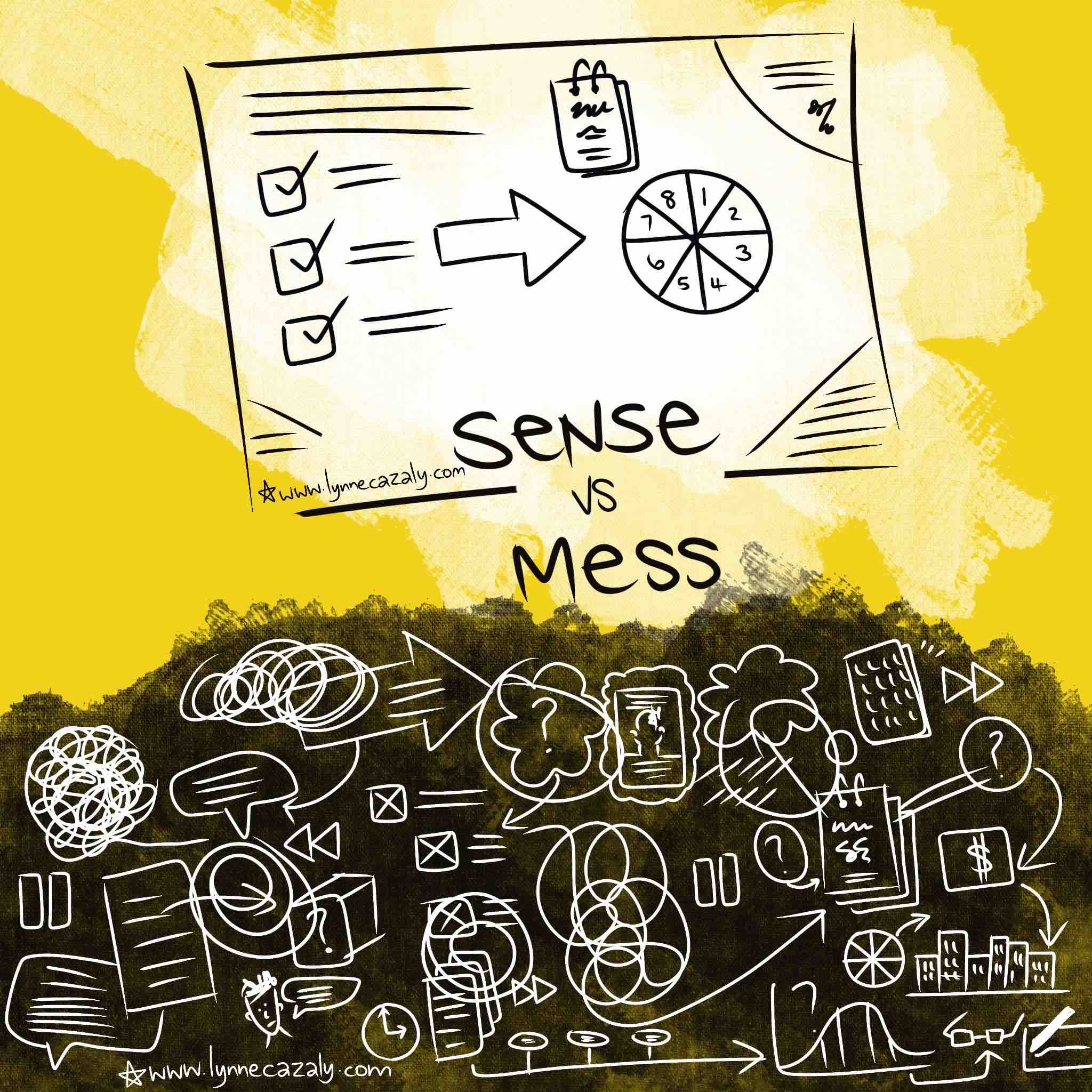
Can you imagine the effects of teaching computers to understand? It's happening now... not just thinking computers but understanding computers.
What will that mean for the future of our work?
At the REMIX Summit in Sydney recently, the focus was on the future and the intersection of technology, culture and entrepreneurship. There will be more freelancing - so how do you hold a culture together in that type of environment?
We'll need to be stronger leaders.
Fast, small technology is proving to be both an enabler and a disruptor. Look at that 'smart' phone you've got there and what its capable of.
Despite us not being able to exactly predict human behaviour, we've got to remember that work is about us... it's about people... humans.
A great deal of our work is knowledge work and knowledge knows no borders. In the future, you'll see your career as a lattice... not a ladder. Careers, opportunities, jobs, roles and pathways will criss cross and complement; they won't be straight up and down.
Workplaces will need to be more attractive experiences that bring people together, evolving into vibrant 24/7 precincts that aren't just about work.
Pass me my bathrobe please!
One of the Remix Summit speakers suggested the 'hotel experience' would come to workplaces, where we feel welcome at work, where we are less of an employee and more of a guest.
What does the future of work mean for leaders leading in these environments that are uncertain, changing and complex?
Leaders will need to be sense makers... everyday.
At the heart of it, leaders will need to make quicker and clearer sense of things, for themselves, the people they lead and for others they interact with. They'll need to engage across even more diverse interests and cultures and they'll need to be aligning and realigning their teams to the strategic shifts that become constant and frequent.
For some more detailed reading pleasure,
CEDA the Committee for Economic Development here in Australia released their
Australia's Future Workforce Report today and you can get hold of it
here. How will you keep adapting for the future of work? How will you keep the team connected, the culture thriving, the workplace adapting and the competition afraid of your bold responses?
In a quote from the Remix Summit:
The work of the future will be at the edges of what we know.
Keep looking, learning and pushing the edges of your work. You're gonna need it for the future.
 Saturday, October 24, 2020 at 10:52AM
Saturday, October 24, 2020 at 10:52AM  There’s a time-saving acceleration we gain when we learn a new skill, a professional insight or a pro tip.
There’s a time-saving acceleration we gain when we learn a new skill, a professional insight or a pro tip. 




















